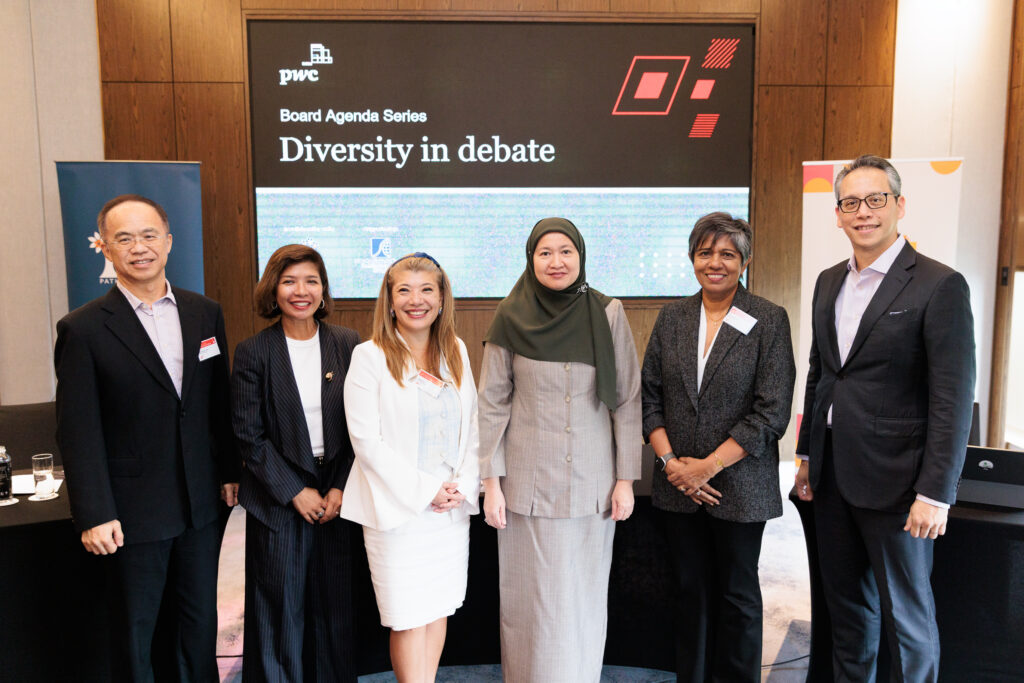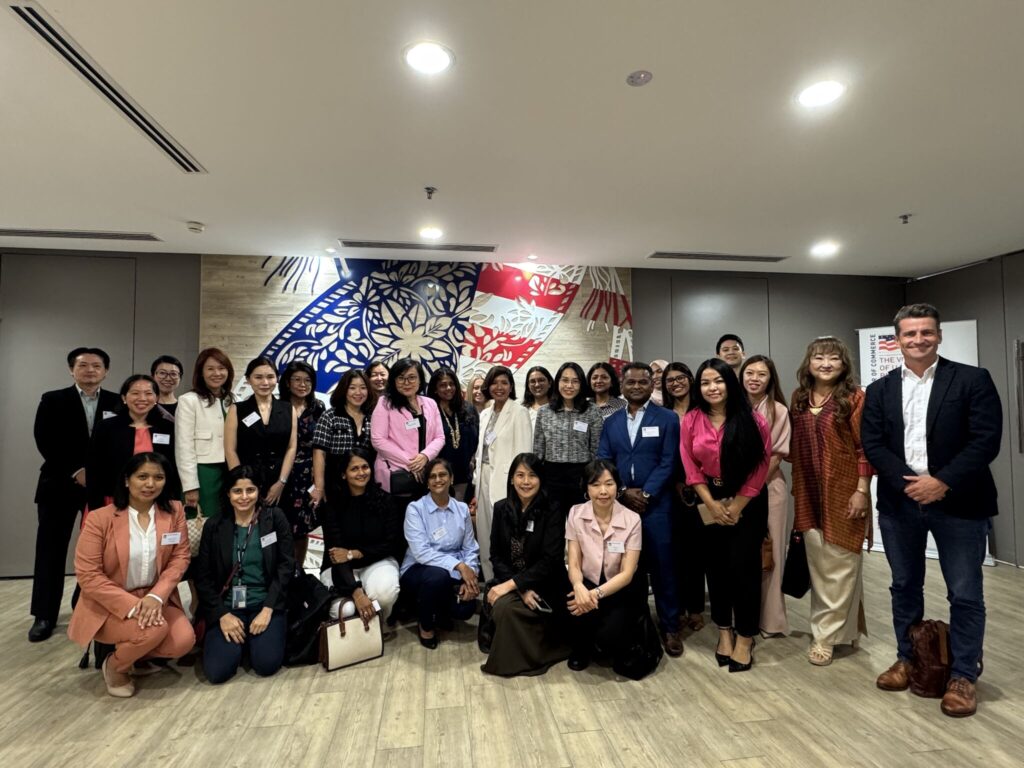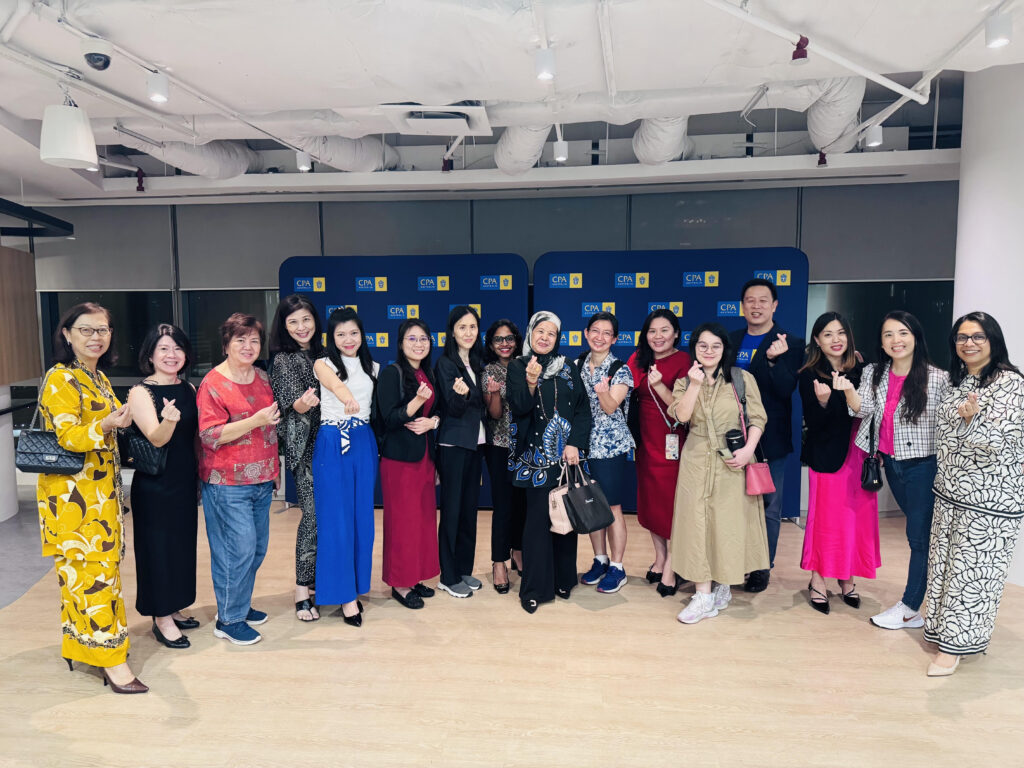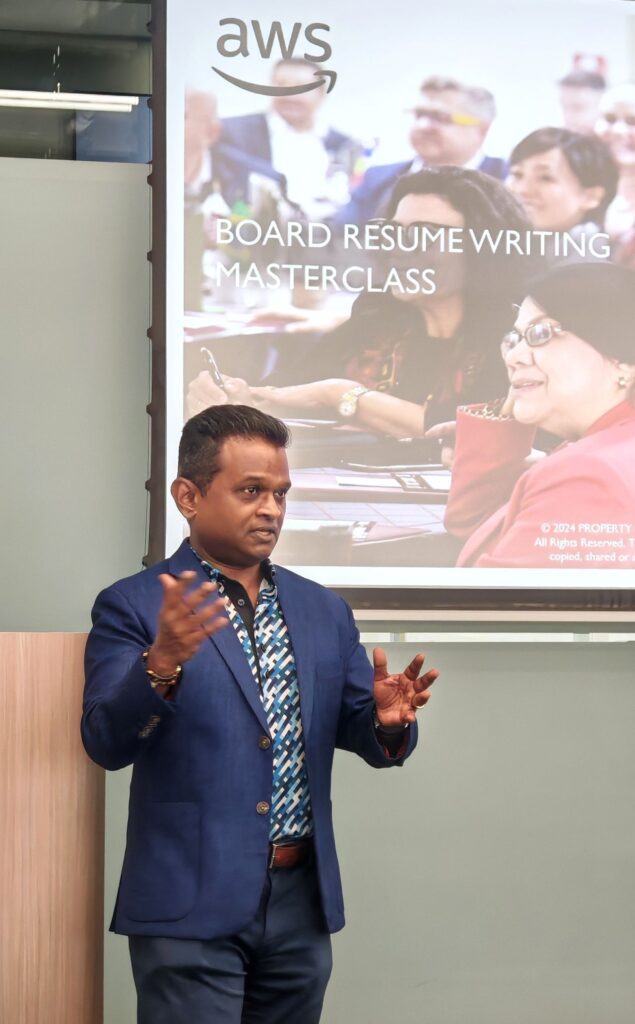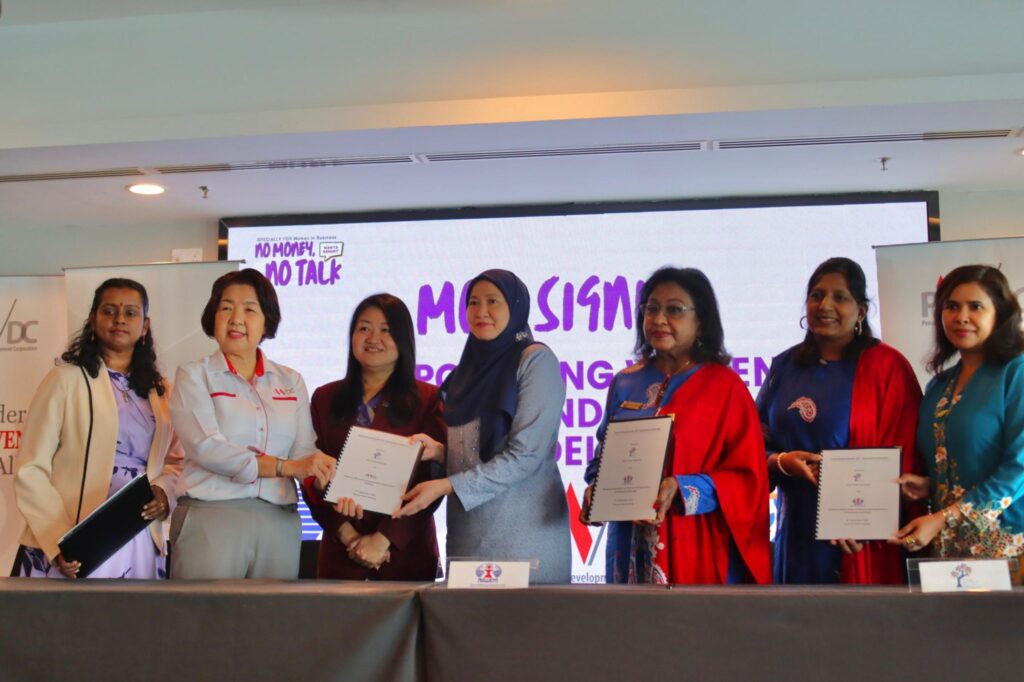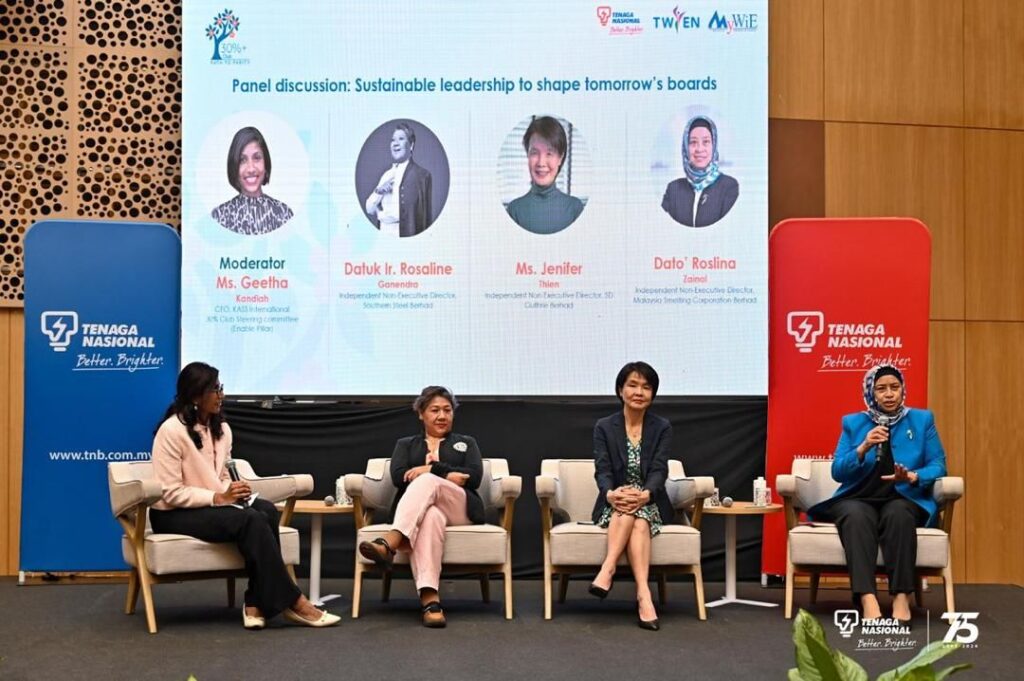On 25th March 2025, the 30% Club UK marked its 15-year anniversary with a special Market Open ceremony at the London Stock Exchange Group – an occasion to reflect on the progress made in gender diversity in corporate leadership, and to renew our commitment to accelerating change.
When the 30% Club launched in 2010, women held just 12.5% of FTSE 100 board seats. Today, that figure stands at 44.7% – a milestone that demonstrates the power of collective action and sustained advocacy. This shift has not happened by accident; it is the result of a relentless, coordinated effort by businesses, investors and policymakers to challenge outdated norms and drive real, structural change.
While there is much to celebrate, there is also much more to do. Women still make up just 9% of FTSE 100 CEOs and as Pavita Cooper, Chair of the UK 30% Club pointed out at the event “The pace of change at the CEO level remains glacial.”
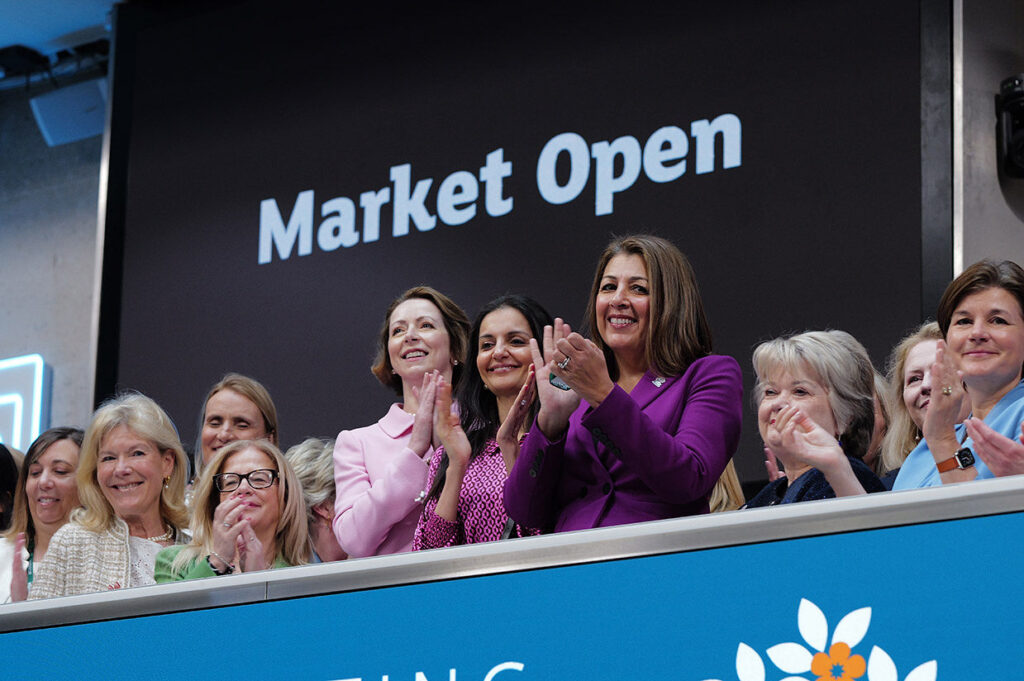
A Business Imperative, Not Just a Moral One
The Market Open brought together influential leaders committed to building more inclusive leadership teams. Pavita Cooper was joined by Adam Crozier, Chair of BT, who reflected on the progress made and the challenges that remain. Don Robert, Chair of LSEG, closed the speeches with a powerful call to action – reminding us that gender balance in leadership is not just the right thing to do, but a business imperative.
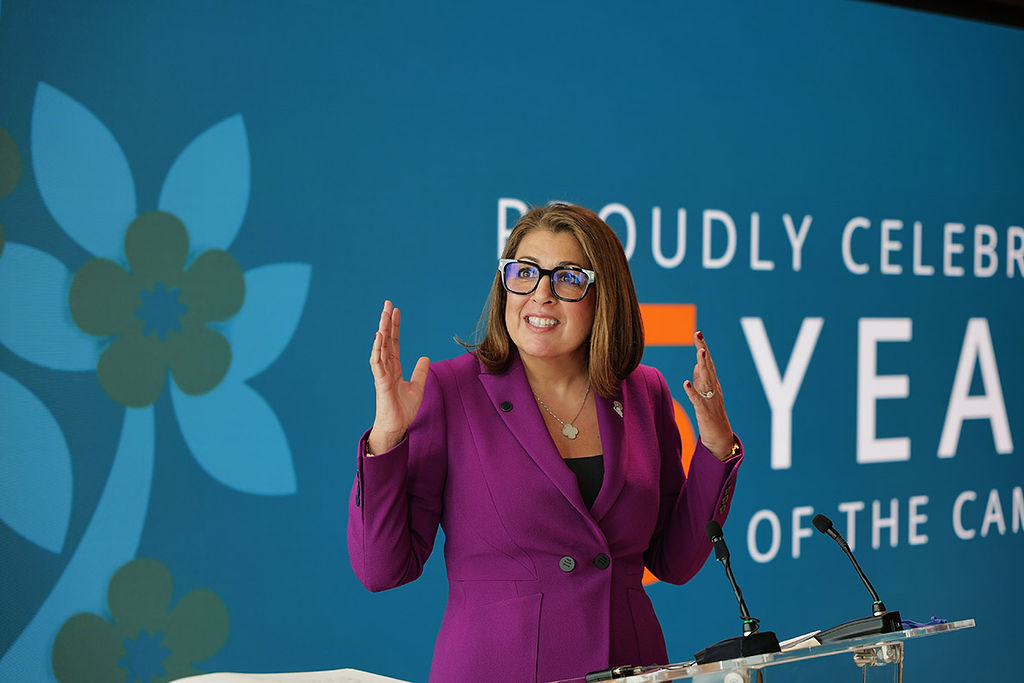


Building on 15 Years of Momentum
The 30% Club’s journey over the past 15 years has demonstrated that change is possible – but only when organisations actively commit to it. Board representation targets, transparent reporting and leadership development programmes have all played a role in shifting the dial. However, closing the gender gap at the CEO level and within executive teams will require even more intentional action.
This includes:
Strengthening the pipeline: Ensuring more women move into profit and loss (P&L) roles, which are often stepping stones to CEO positions.
Challenging outdated succession planning: Encouraging boards to look beyond traditional networks when selecting future leaders.
Holding organisations accountable: Continuing to measure and report on gender diversity progress, not just at board level but across senior leadership teams.
With global challenges reshaping the business landscape, now is the time to double down on inclusive leadership.
We are immensely grateful to the London Stock Exchange Group for hosting this event and to all our members, partners, and supporters who continue to champion this cause. The last 15 years have shown what’s possible. Now, we must accelerate progress and ensure the next generation of leaders operate in a business world that values talent above all else.

